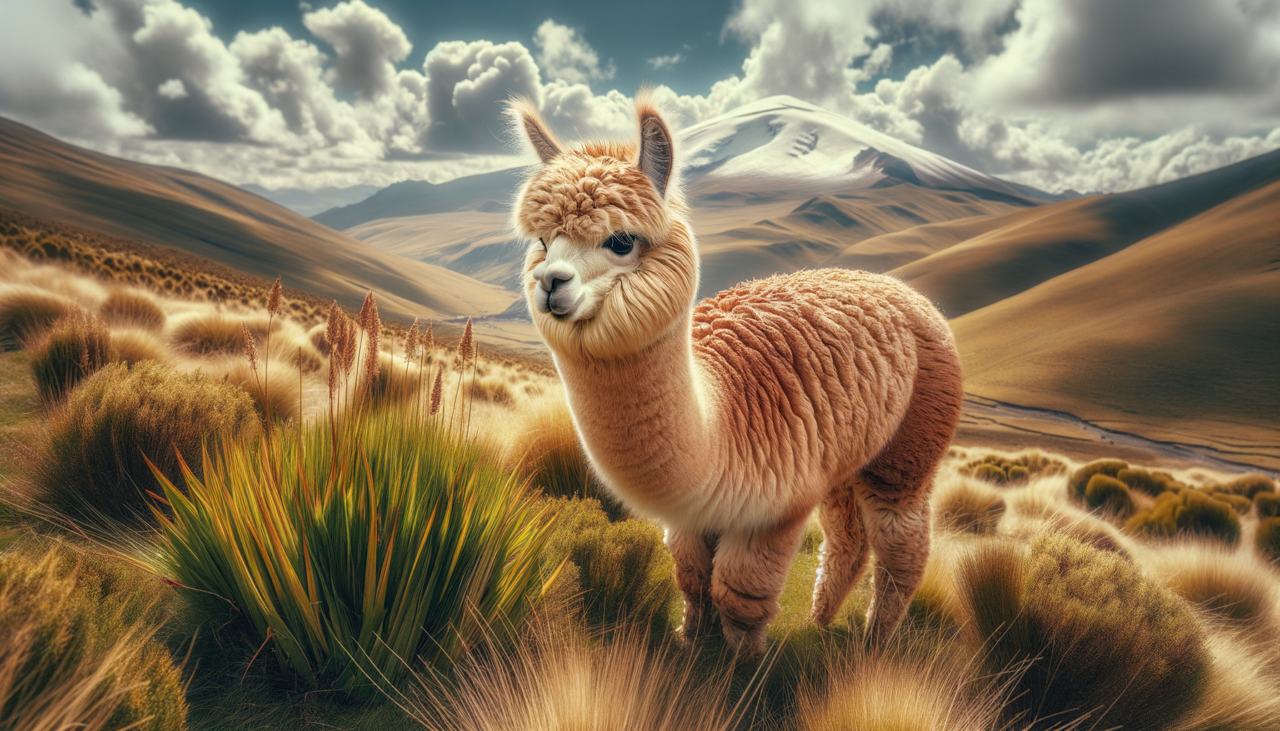In the verdant tapestries of the Andean mountains, the alpaca, a creature of gentle demeanor and soft fleece, weaves its way into the hearts of many. These endearing animals, often seen as symbols of tranquility and resilience, possess a fascinating weight range. An adult alpaca typically weighs between 100 to 200 pounds (45 to 90 kilograms). This range is influenced by factors such as genetics, diet, and overall health.
Interestingly, in the world of animals, the alpaca holds a special significance beyond its physical presence. A traditional Korean proverb states, “A gentle breeze can open even the strongest flower,” reflecting the alpaca’s quiet strength and vital role in its ecosystem. Though not the largest of creatures, their contribution to their environment and human livelihood is substantial, as they provide some of the finest fibers in the world.
The history of the alpaca is as rich and textured as the wool it produces. Originating from the high altitudes of South America, these creatures have been domesticated for thousands of years, cherished by the indigenous peoples of the Andes for their valuable fleece. Weighing an alpaca, while not a Herculean task, requires a gentle approach, respecting the animal’s calm nature. Knowledge of an alpaca’s weight is crucial, especially for breeders and veterinarians, as it helps monitor their health and ensure they receive the appropriate care.
Like the careful balancing of flavors in a traditional Korean dish, understanding the weight of an alpaca is essential to maintaining its well-being and optimizing its contribution to textile arts. In seeking the weight of an alpaca, one does not merely find a number but unravels a story of coexistence, tradition, and the delicate equilibrium of nature.

Comments (0)
There are no comments here yet, you can be the first!